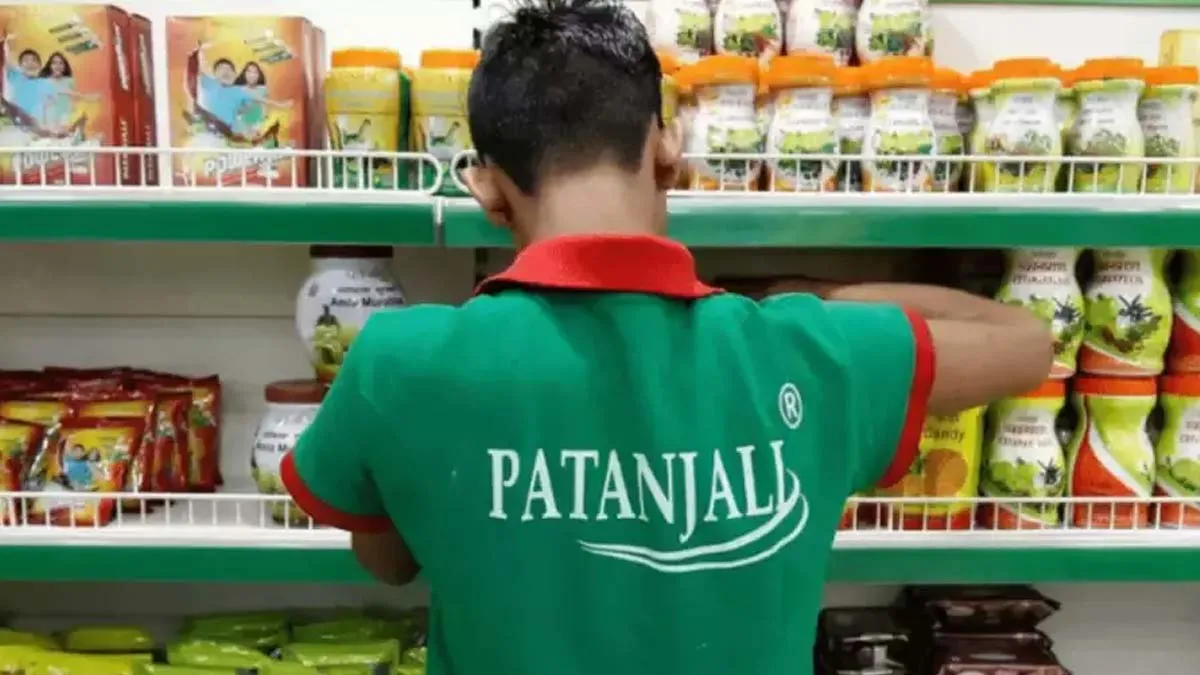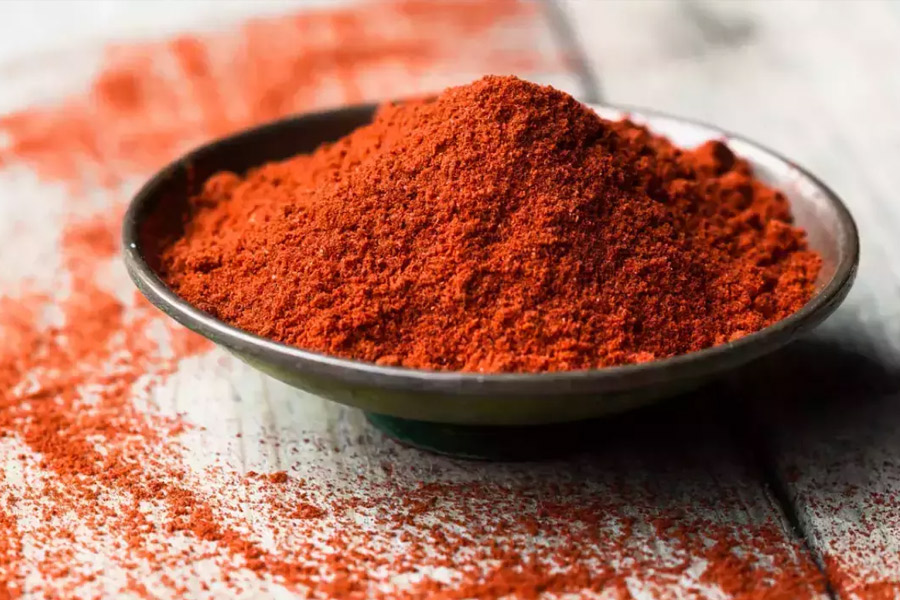
In a recent development, the Food Safety and Standards Authority of India (FSSAI) has directed Patanjali Foods Ltd., one of India's prominent FMCG brands, to recall a specific batch of its red chili powder. This action follows concerns over the product’s non-compliance with food safety regulations. The move has raised awareness among consumers about the importance of ensuring spice purity.
Table of Content:-
Why Was Patanjali’s Red Chili Powder Recalled?
The FSSAI issued an order on January 13, 2025, mandating the recall of batch number AJD2400012 of Patanjali's red chili powder. The order was received by the company on January 16, 2025, as per an official statement. This decision stems from the product’s failure to meet the standards outlined in the Food Safety and Standards (Contaminants, Toxins, and Residues) Regulations, 2011.

The issue highlights a recurring concern with adulteration in food products, particularly spices like red chili powder. Instances of contamination with substandard raw materials, brick powder, or artificial coloring agents have been flagged in the past, not just in India but globally.
Patanjali’s Role in the Indian FMCG Sector
Founded by Baba Ramdev, Patanjali Foods, previously known as Ruchi Soya, is a significant player in India's FMCG market. Incorporated in 1986, the brand has built a reputation for promoting ayurvedic and natural products. However, this recall has placed the company under scrutiny, reminding consumers to remain vigilant about food safety, even with trusted brands.
Also Read: Mystery Illness In J&K: Rajouri Village Sealed As 4 More Hospitalized Amid Rising Alarm
Ensuring Red Chili Powder Purity: Simple Tests at Home
Red chili powder is a staple in kitchens worldwide, adding flavor, heat, and color to dishes. However, its popularity has made it susceptible to adulteration. To ensure the purity of the spice in your home, here are some simple and effective tests:
The Water Test
- Take a teaspoon of chili powder and add it to a glass of plain water.
- If the water changes to a reddish-brown color or shows any floating residue, it indicates adulteration with brick powder or salt powder.
- Pure chili powder will not dissolve or significantly alter the water’s appearance.

The Acid Test
- Mix a small amount of chili powder with hydrochloric acid (or lime juice and water as a safer alternative).
- The formation of bubbles suggests the presence of chalk powder or washing soda.
The Palm Test
- Rub a pinch of chili powder gently between your palms.
- Artificially colored chili powder will leave a bright red stain, while pure powder leaves only a faint, natural stain.
Also Read: Karnataka Reports First Mpox Case of 2025: Dubai Returnee Tests Positive in Mangaluru
Taste and Smell Test
- Check the aroma and taste of the chili powder.
- Authentic chili powder has a natural pungency and spicy kick, while adulterated versions may taste bland, gritty, or chemically enhanced.
Why Adulteration in Spices Is a Concern
Adulterated spices pose a significant risk to health, including digestive issues, allergies, and long-term effects due to toxic substances. Consumers must be proactive in identifying and avoiding unsafe products.
The Importance of Regulatory Oversight
This incident underscores the crucial role of regulatory bodies like the FSSAI in safeguarding public health. By holding companies accountable and enforcing stringent standards, such actions ensure that food products available to consumers meet safety and quality benchmarks.
Bottomline
The recall of Patanjali’s red chili powder serves as a wake-up call for both consumers and producers. While brands must adhere to rigorous safety protocols, consumers should also take measures to ensure the quality of what they consume. Simple home tests for purity can go a long way in protecting your health and ensuring peace of mind. Always prioritise safety when it comes to food—your well-being depends on it.
Also watch this video
How we keep this article up to date:
We work with experts and keep a close eye on the latest in health and wellness. Whenever there is a new research or helpful information, we update our articles with accurate and useful advice.
Current Version